14. Boy Eating the Bird’s Food (Ektoras Lygizos, 2012)
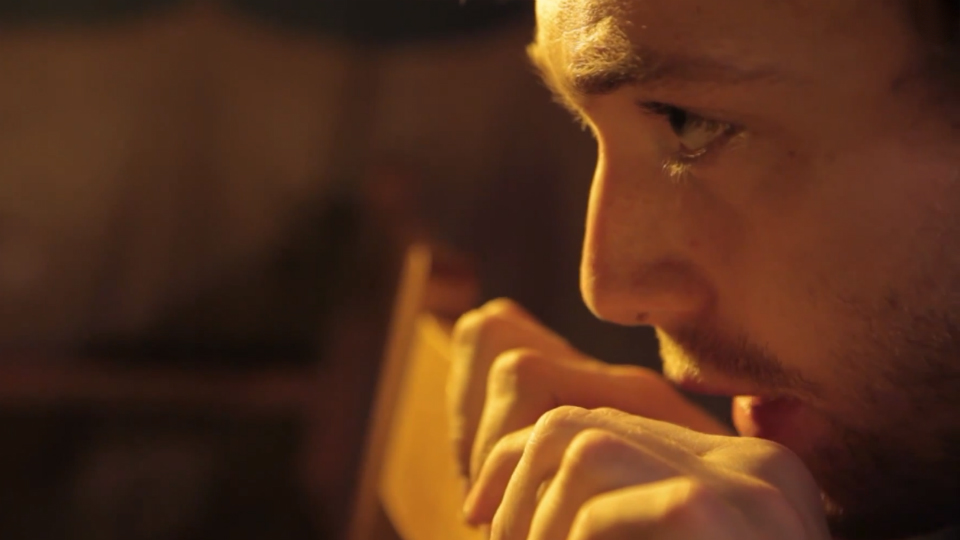
Yorgos is a young boy living under harsh and exhausting circumstances at the center of Athens, struggling to survive, as he doesn’t have a job and money to pay his bills; he can’t even afford to buy food, nor does he seem to have any friends or a girlfriend. What he does have is a beautiful singing voice and a canary bird.
With his debut film, loosely inspired by Knut Hamsun’s “Hunger,” Ektoras Lygizos makes a political statement far from political stereotypes and forms. Yiannis Papadopoulos’ (portraying Yorgos) kind, tired, desperate eyes and low, soft, affectionate voice when he talks to his canary are devastating.
An almost silent film (it literally has very few dialogues) consisting almost entirely of gros-plan shots of its protagonist, “Boy Eating the Bird’s Food” is a heartbreaking snapshot of a city at the heart of its economic crisis. Blunt and authentic in its simplicity with a sense of religious atmosphere, this film reminds us that silence can sometimes indeed speak louder than words.
13. Tungsten (Giorgos Georgopoulos, 2011)
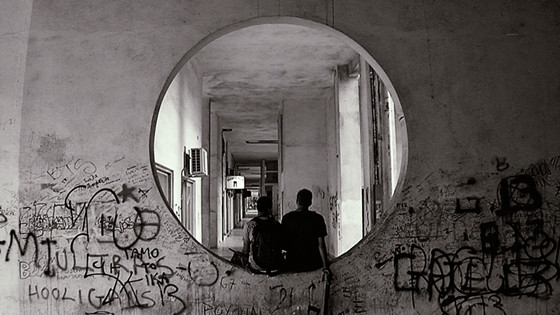
Two teenage boys wandering around the city, a public transport ticket inspector with financial problems, and a company employee in a problematic relationship with his girlfriend. The separate paths of these characters are crossed during a summer day in modern Athens. While continuous electricity outages take place, the protagonists switch roles between victims and victimisers.
Shot in black-and-white with a nonlinear storyline, “Tungsten” is Giorgos Georgopoulos’ first feature film. It narrates the stories of different people which somewhat intervene with one another, resulting in a greater story that surpasses them: the story of a violent generation of people living in a violent era in a violent urban landscape, a generation itself abused by the violence of the living conditions imposed upon it.
A vicious cycle of violence that converts victims into victimisers, and vice versa. A city “forgotten in darkness.” This film’s message is direct, and its truth is simple, blunt and disturbingly accurate.
12. Little England (Pantelis Voulgaris, 2013)
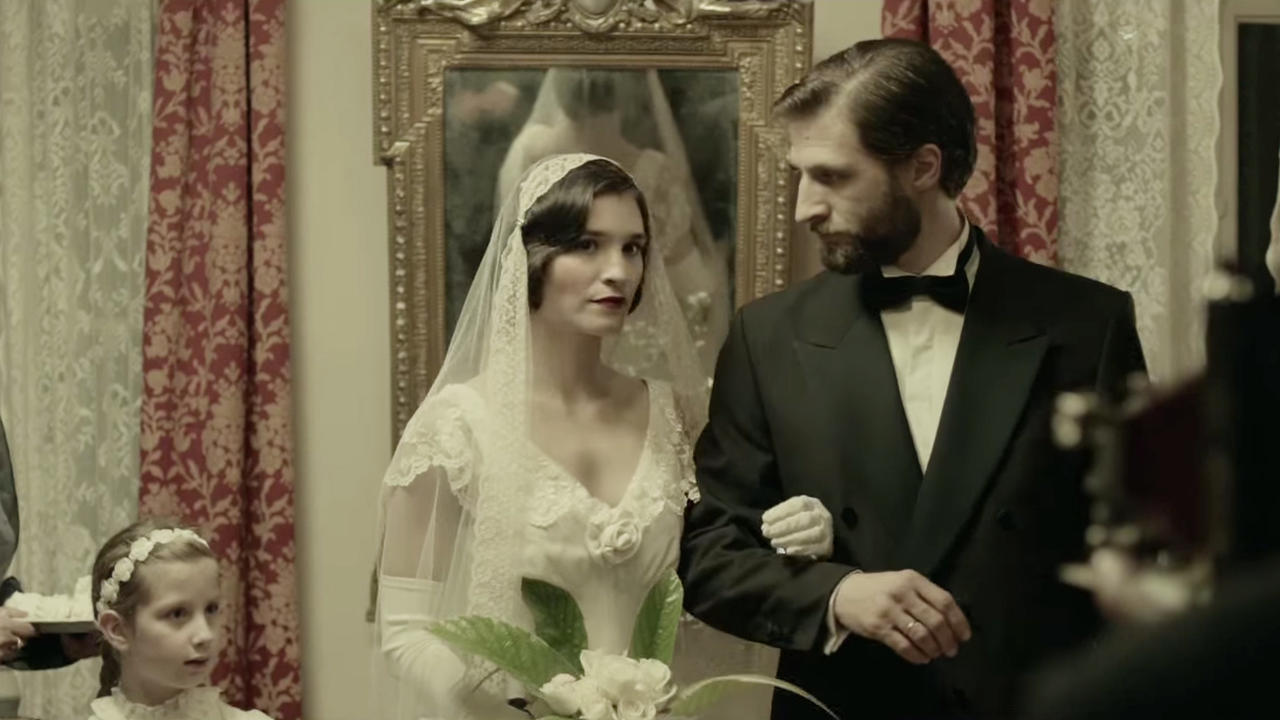
Orsa and Moscha are two sisters living on the Greek island of Andros around the 1930s. Orsa is secretly in love with Spyros, a lieutenant, but her mother, who is for a marriage of convenience, forces her to marry a captain instead, Nikos. When Spyros becomes a captain, though, he marries Moscha and the family’s relations start getting complicated.
“Little England” is an adaptation of Ioanna Karystiani’s novel of the same name by one of the most well-known Greek directors of the last century, Pantelis Voulgaris. It’s a moving period drama centered around female idiosyncrasy (with strong performances by the film’s female cast), attempting to approach the distinct coloring of the relationship among women, a relationship characterised by passion and intensity not only in the darkest but also in the warmest aspects of it.
What’s more, the film’s cinematography stands out, especially the extensive usage of shots of the sea, peaceful at times and turbulent at other times, changing by analogy to and enhancing the power of the characters’ mental development.
11. Strella /A Woman’s Way (Panos H. Koutras, 2009)

Yorgos is released after spending 14 years in prison for murdering somebody. In his first night in Athens as a free man he meets Strella, a transgender woman and prostitute, and the two of them soon fall in love. Yorgos wishes to start new and to do that he has to dig into his past in order to find his answers and place his closures properly.
“Strella” (a combination of the name Stella and the word trela -τρέλα- which in Greek means craziness) is a genuinely and deeply romantic film; not in a sappy way, but with underlying psychoanalytic references. Its great strength lies in, among other things, the direct way it approaches and depicts the relationship between a man and a transgender woman as if it were a normality in a Greek society where, still today, socially it isn’t.
Panos H. Koutras handles a spectrum of subjects from homosexuality, gender identity, prejudice, social exclusion, diversity to prostitution, and incest with profound understanding, empathy and sensitivity; very few directors other than the great Todd Solondz could have done it without making a film about them. His film is actually about love. And this is what raises it into being very good.
10. Roz (Alexander Voulgaris, 2006)
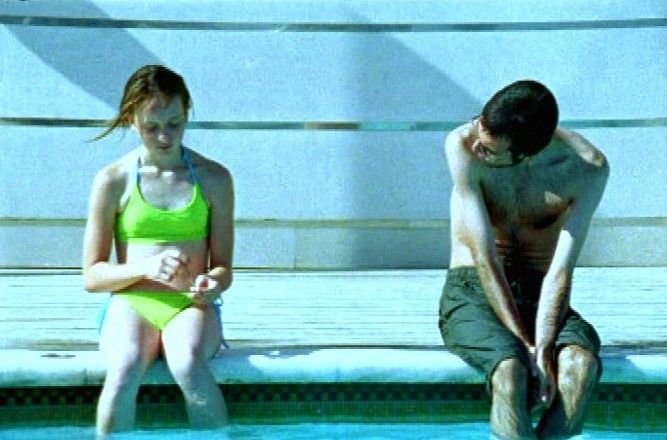
Vassilis is an introverted child; he is 25, but he is a child. His mother has left them, his father refuses to talk, and his brother doesn’t seem to understand him. Vassilis is a scared child. He has created a world for himself where he is safe, where he contemplates on his childhood seeking for answers, until he meets another child, the 11-year-old Snezana with whom a beautiful friendship occurs.
“Roz” (Pink) is a nostalgic film about fear. Fear of connecting for fear of ending up alone, fear of living for fear of dying, fear of speaking for fear of not being heard, fear of growing up for fear of proving to be a child. “Roz” is a film about love. About the redemptive power of acceptance and the liberating sensation of love that can overcome fear.
Alexander Voulgaris, who plays Vassilis as well, made an honest film, a film one can easily relate to, a humane film that evokes feelings without begging for them. But it wouldn’t have been exceptional had it not dealt with such a sensitive subject as the relationship between Vassilis and Snezana with such uncommon delicacy and affection.
9. Attenberg (Athina Rachel Tsangari, 2010)
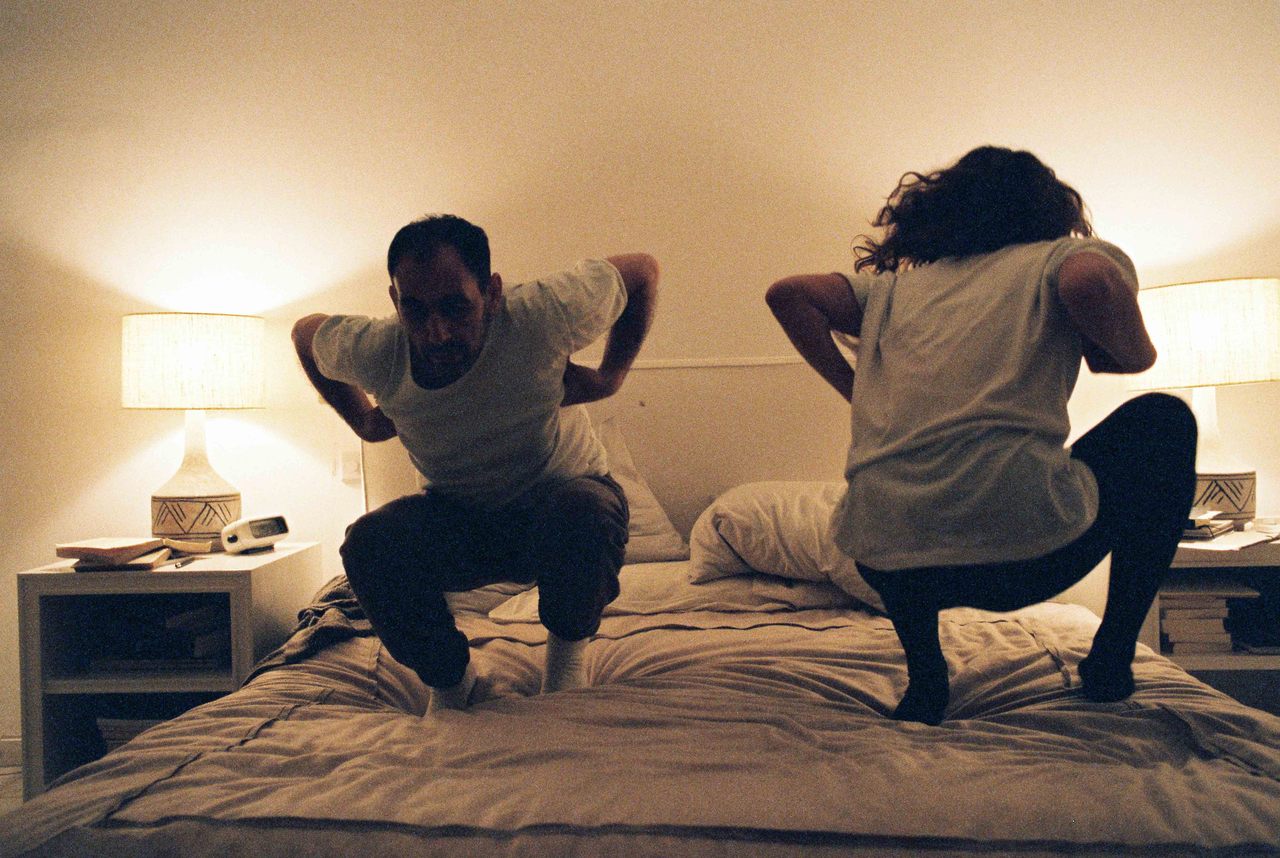
Marina lives with her terminally ill father in an industrial town by the sea. Having limited social skills and interests and her single friend Bella by her side, Marina spends her time mainly watching Sir David Attenborough’s documentaries on wildlife, keeping her father company and exploring her sexuality. Until one day, a young man arrives in town who catches her eye. Love and death are discussed in Athina Rachel Tsangkari’s film with directness and sensitivity, along with reflection on loss, maturity and finding one’s sexuality.
Avoiding being consequential by not trying to appear more serious than it is, the result is the perfect balance between light and deep, a powerful contrasting combination. With its creator’s fresh look on timeless subjects, “Attenberg” makes funny and emotional hardly distinguishable.
8. Plato’s Academy (Filippos Tsitos, 2009)

Stavros is an insomniac mini-market shopkeeper in a xenophobic (mainly toward Albanians at the time) Athens living with his mother, who suffers from Alzheimer’s disease. Hanging out outside his shop every day listening to classic rock music, playing football and looking back on their youth constitutes Stavros and his friends’ everyday lives, almost like a ritual. They don’t like foreigners and refuse to accept that Athens is changing. Until one day Stavros’ identity is shocked by the news that he might be Albanian himself.
“Plato’s Academy” is not only a film about the Greek people’s xenophobic sentiment, it’s a very humane film about change, identity and friendship, and eventually becomes a film about growing old and letting go. Seeing Antonis Kafetzopoulos’ amazing performance as Stavros is like seeing a 40-year-old child struggling to adapt to change while maintaining his own self, a struggle familiar to most if not all of us. The look on his face, full of love and confusion, is almost soul-crashing and funny, sometimes even at the same time.
Director Filippos Tsitos is not pointing fingers, he caresses his characters’ traits (both the good and the bad ones) very gently, depicting a city that is changing faster than it can withstand. “Plato’s Academy” is a tender, realistic film about social and personal matters without falling into the trap of didacticism, reminding us that this is the kind of cinema we need.